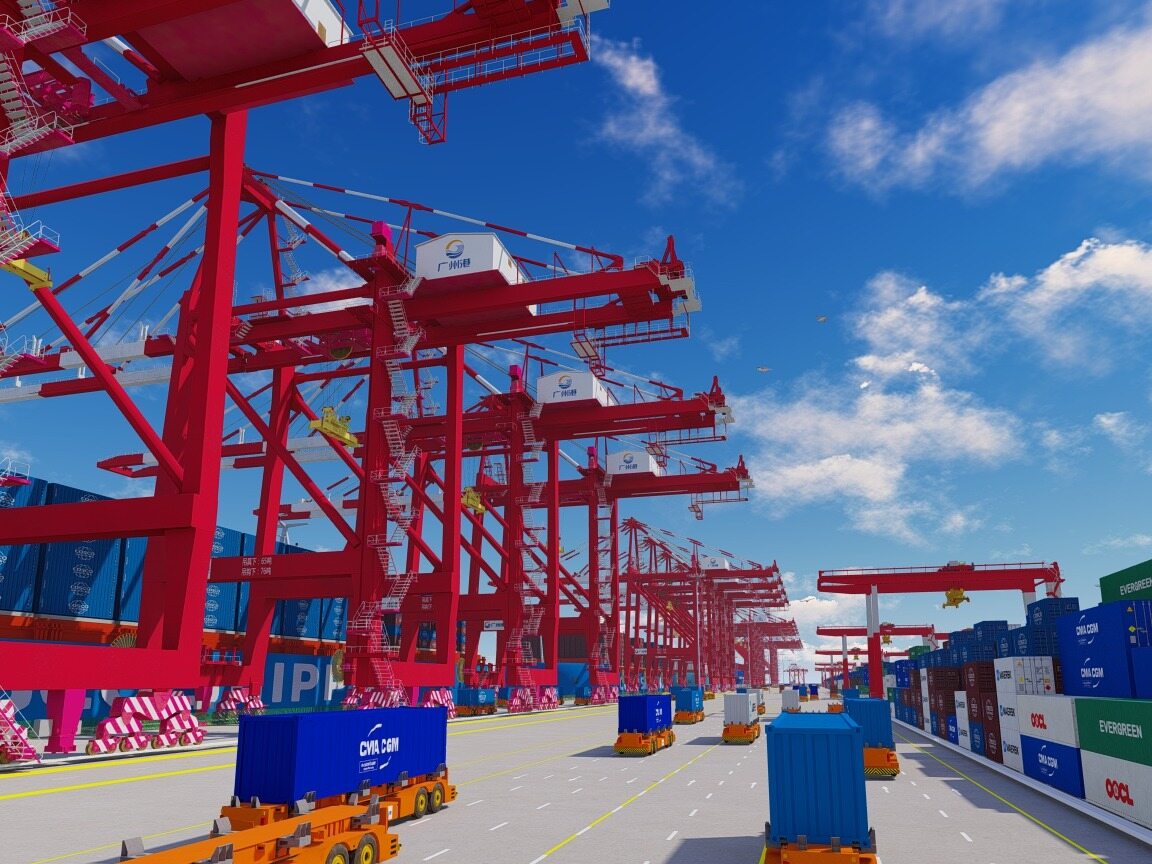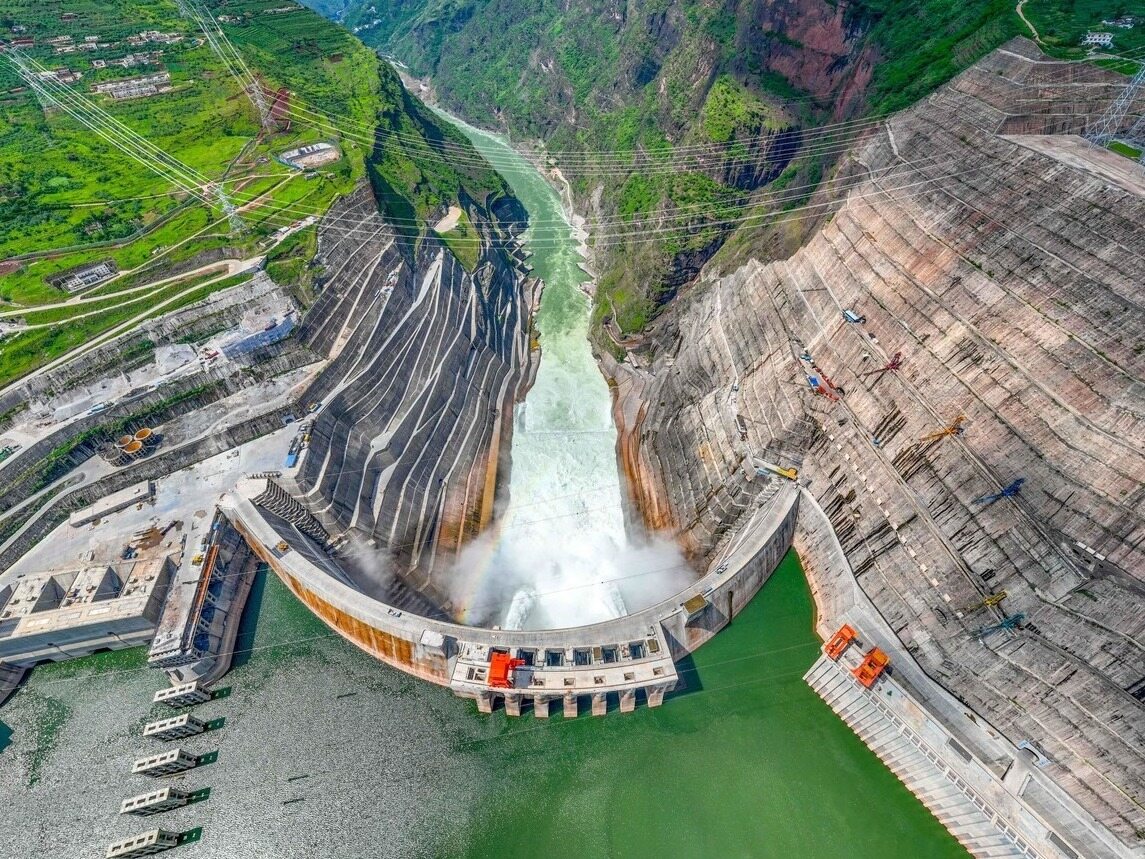- China Ministry of Foreign Affairs confirmed that it has successfully assisted the safe evacuation of more than 1,600 Chinese citizens

President Xi Jinping emphasized that an immediate ceasefire must be the top priority to prevent further escalation in the Middle East, as tensions between Israel and Iran enter a dangerous new phase. In a Thursday phone call with Russian President Vladimir Putin, Xi warned that continued military operations—particularly by Israel—risk triggering a wider regional crisis. "The use of force cannot resolve disputes," Xi stressed, urging all parties to halt hostilities before the conflict spirals out of control.
Ceasefire Now: Preventing Regional Spillover
The military conflict between Israel and Iran continues to escalate, causing great concern in the international community. According to the latest statistics, the conflict has killed at least 639 people (including 263 civilians) and injured more than 1,300 in Iran. On the Israeli side, 24 people were killed and hundreds wounded. The crisis, which began with the Israeli military raid on Iran's nuclear facilities on June 13, is deteriorating at a rate of hundreds of missiles being fired at each other every day, and the regional security situation is precarious.

During Thursday's phone call, the Chinese and Russian heads of state had an in-depth exchange on the current crisis. Russia has made it clear that a military strike on Iran's nuclear facilities is "dangerous and counterproductive" and that such actions not only violate international nuclear safety norms, but could also trigger a chain reaction that is difficult to control. Analysts point out that the destruction of key nuclear facilities such as Natanz could lead to the leakage of radioactive materials, causing an ecological disaster far beyond the current military conflict.
At the moment, Tehran has declared its air defense system on maximum alert, while Tel Aviv has asked the population to keep bomb shelters on standing. More worryingly, the conflict is having a clear spillover effect: shipping insurance rates in the Persian Gulf have soared by 300%, multinational airlines have suspended routes to the Middle East, and international oil prices have skyrocketed by 15% in a single week. UN Secretary-General António Guterres warned that if the situation continues to deteriorate, it could trigger "the worst humanitarian crisis since the Gulf War".

The international community is urgently mobilizing its good offices. In addition to China and Russia, France, Germany and other EU countries are also actively mediating. Oman, Egypt and other regional countries have proposed to convene an emergency meeting of the Arab League to seek a diplomatic solution to the crisis. The U.S. State Department said it was in communication with the parties through "all available channels," but declined to say whether it was prepared to intervene directly. At the same time, China's Ministry of Foreign Affairs confirmed that it had successfully facilitated the safe evacuation of more than 1,600 Chinese citizens in Iran and continued to provide consular protection to nationals stranded in Israel.
Civilians in Crisis: Evacuations and International Law
With civilian casualties mounting, Xi called for strict adherence to international humanitarian law, condemning indiscriminate attacks. Over 1,600 Chinese nationals have been evacuated from Iran, while hundreds more left Israel as airspace closures and missile strikes disrupted travel. The conflict has already claimed over 600 lives in Iran and 24 in Israel, with thousands injured. Xi urged third-country evacuations to be expedited and reiterated that harming non-combatants is "unacceptable." Meanwhile, U.S. President Donald Trump hinted at potential military intervention, adding to global unease.

Diplomatic Push: China Mediation Efforts
China is intensifying diplomatic outreach to broker peace. Foreign Minister Wang Yi has held talks with counterparts from Iran, Israel, Oman, and Egypt, backing Arab and Islamic nations’ calls for sovereignty and dialogue. Xi emphasized that the UN Security Council and major powers must act decisively to de-escalate tensions. "Political solutions, not weapons, bring lasting peace," he said, referencing the Iranian nuclear issue as a test case for negotiated settlements. As the conflict enters its second week, China positions itself as a neutral mediator—while warning against geopolitical gamesmanship that could inflame the crisis further.(This article is from the official website of Seetao www.seetao.com. Reprinting without permission is strictly prohibited. Please indicate Seetao.com + original link when reprinting) Seetao.com Strategy Column Editor/Sun Fengjuan
Comment
 Praise
Praise
 Collect
Collect
 Comment
Comment
 Search
Search














Write something~